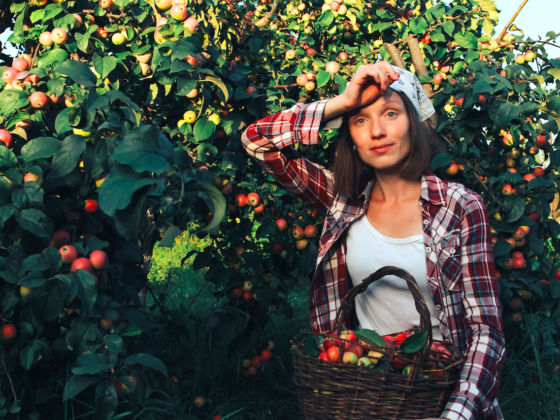The premise of WWOOFing (World Wide Opportunities on Organic Farms) is simple. You get to stay on someone’s farm just about anywhere in the world in exchange for four to six hours of work a day — a great way to meet people, have new experiences, and get to check out a new place on the cheap.
And if you look at #wwoof on Instagram, you’d get the idea that WWOOFing is a universally loved experience. The hashtag is filled with pictures of 20-somethings posing in greenhouses, holding sexy-looking tomatoes while sporting cute overalls, and bottle-feeding lambs. All of the photos are vibrant, everyone seems happy and cool, and every scene look like Passion Pit should be playing in the background.
